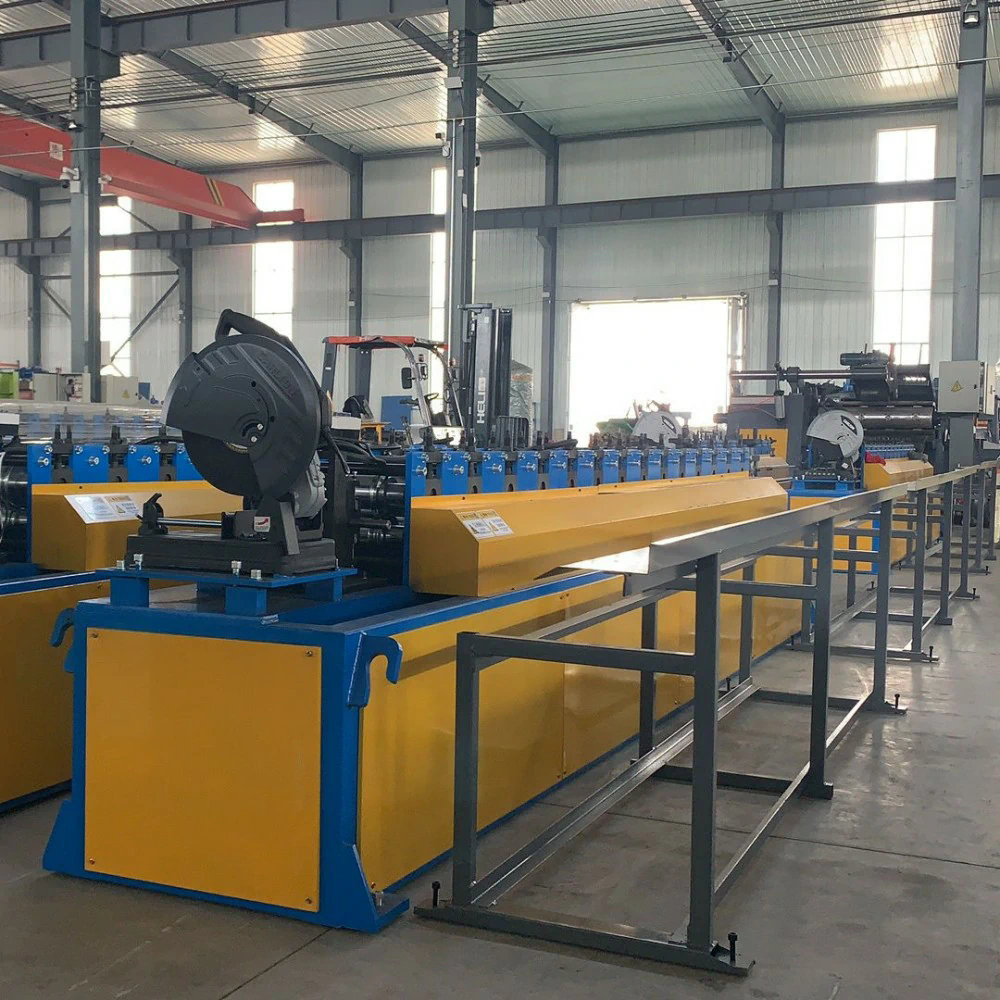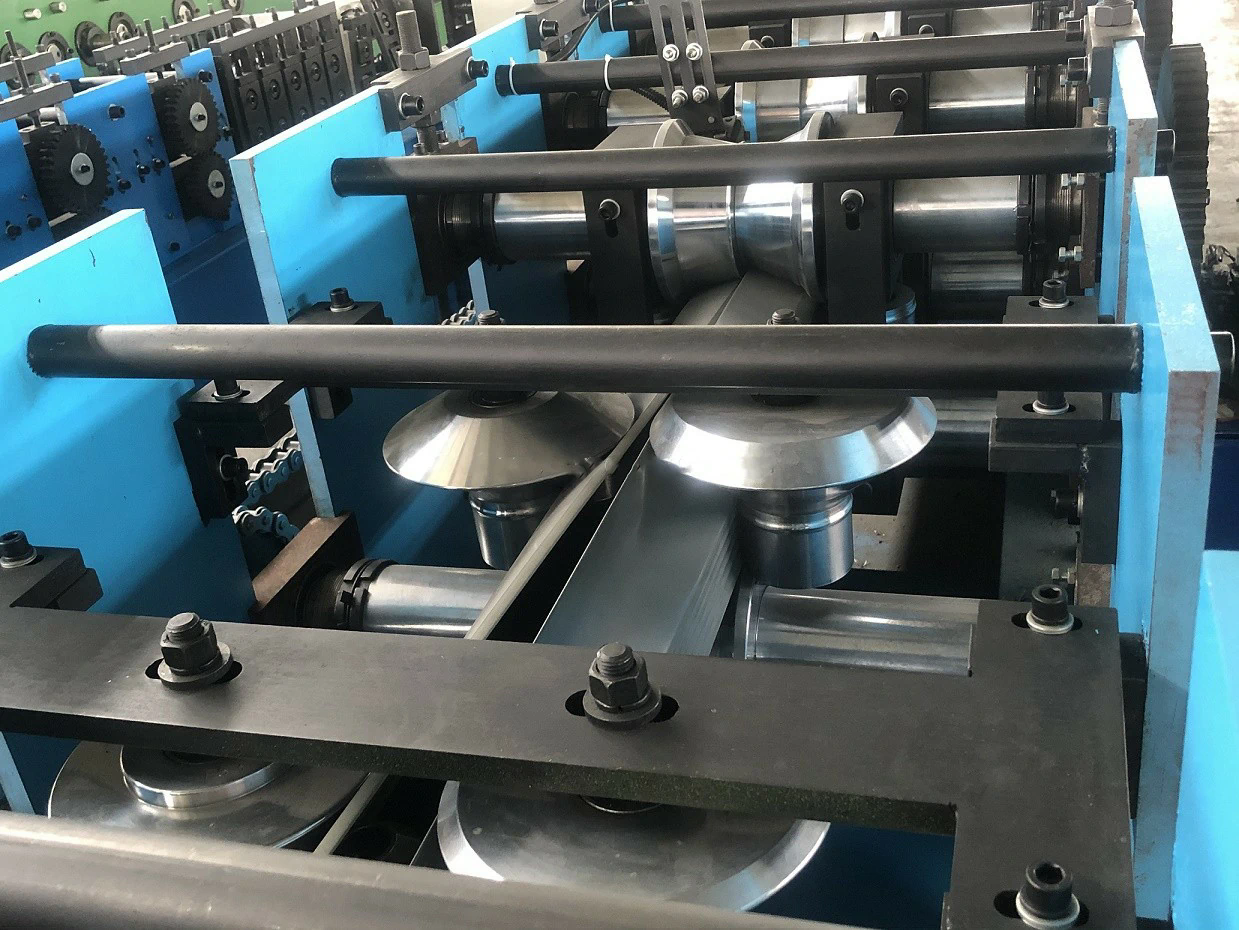The Future of Pipe Bending Machines in Automation
In recent years, the manufacturing industry has witnessed a rapid advancement in automation technologies. These advancements have led to increased efficiency, accuracy, and cost-effectiveness in various manufacturing processes. One area that has greatly benefited from automation is pipe bending. Pipe bending machines have become increasingly automated, making them an invaluable asset in industries such as automotive, aerospace, and construction. In this article, we will explore the future of pipe bending machines in automation and the potential impact they will have on the manufacturing industry.
Automation in pipe bending machines has already revolutionized the manufacturing process by reducing manual labor and improving precision. Traditional pipe bending methods required skilled operators to manually measure, position, and bend pipes. This process was time-consuming and prone to human error. However, with the integration of automation technologies, pipe bending machines can now perform these tasks with unparalleled speed and accuracy.
One key area of advancement in pipe bending machine automation is the use of computer numerical control (CNC) systems. These systems enable operators to program precise bending parameters into the machine, eliminating the need for manual measurements. CNC-controlled pipe bending machines can accurately reproduce complex bends repeatedly, ensuring consistent quality throughout the production process.
Furthermore, the integration of artificial intelligence (AI) and machine learning algorithms has the potential to further enhance the capabilities of pipe bending machines. AI-powered systems can analyze vast amounts https://cnmtrollformingmachinery.com/sw/drywall_stud_and_track_forming_machine/sw_Logical_wall_structural_wall_stud_and_track_rolling_forming_machine_C_stud_U_channel_roll_forming_machine.html roof sheet machine for sale of data collected during the bending process, identify patterns, and optimize bending parameters for improved performance. This means that pipe bending machines can continuously learn and adapt to different materials, dimensions, and bending requirements, resulting in even greater precision and efficiency.
Another area of development in pipe bending machine automation is the incorporation of robotics. Robotic arms equipped with bending tools can perform intricate bending operations with speed and precision. These robots can easily handle heavy or large-diameter pipes, reducing the risk of injury for human operators. Additionally, robotic pipe bending machines can work continuously without fatigue, leading to increased productivity and reduced downtime.
The future of pipe bending machines in automation also includes advancements in material handling and integration with other manufacturing processes. Automated systems can now feed pipes into the machine, position them accurately, and remove them once the bending process is complete. This seamless integration reduces manual intervention and improves overall production efficiency. Furthermore, automated pipe bending machines can be integrated with other manufacturing processes, such as welding or assembly, creating a fully automated production line.

As the demand for customized and complex pipe designs continues to grow, the need for advanced automation in pipe bending machines becomes even more apparent. Manufacturers are looking for efficient solutions that can handle a wide range of pipe dimensions, materials, and bending requirements. Advanced automation technologies, such as machine vision systems, can scan and analyze pipes before bending, ensuring that the correct parameters are applied. This level of automation not only improves efficiency but also reduces waste by minimizing errors and scrap.
Despite the numerous benefits of automation in pipe bending machines, there are still challenges that need to be addressed. The initial investment cost can be significant, especially for small- and medium-sized companies. Additionally, the implementation of automation requires skilled operators who can program and maintain the machines. However, as technology continues to advance and become more accessible, these challenges are likely to diminish.

In conclusion, the future of pipe bending machines in automation is promising. The integration of CNC systems, artificial intelligence, robotics, and advanced material handling capabilities will revolutionize the manufacturing industry. These advancements will not only improve productivity and efficiency but also enable manufacturers to create complex and customized pipe designs with ease. As automation becomes more prevalent in the industry, companies that embrace these technologies will gain a competitive edge. The future of pipe bending machines is automated, precise, and adaptable, shaping the future of manufacturing.
https://iflatiron.com/




